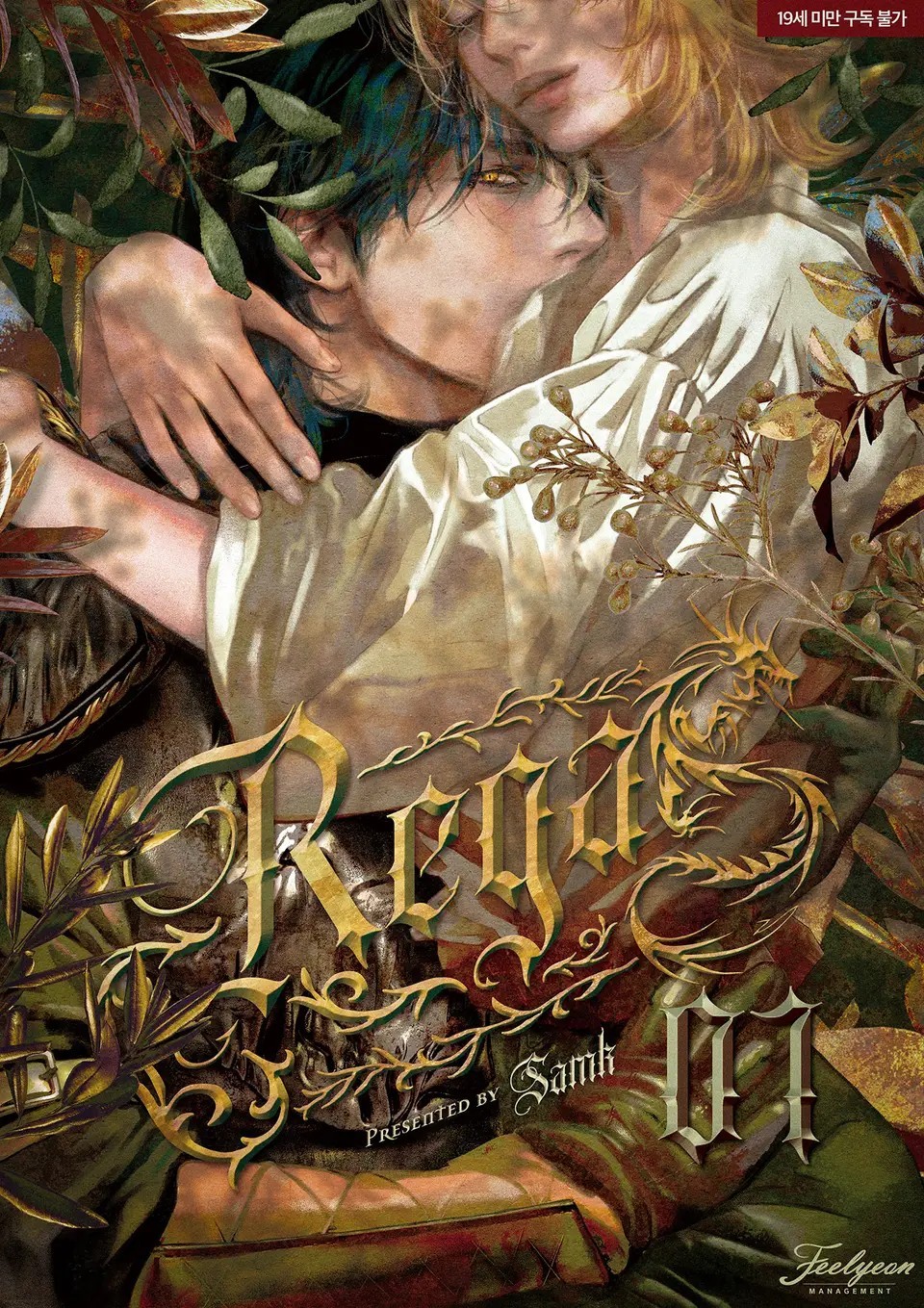The literary landscape is vast and nuanced, a fertile terrain where stories can blossom into multifaceted narratives. Among the myriad storytelling forms, the question of whether a novel can evolve into a series is paramount for authors and readers alike. This concept not only elevates storytelling potential but also expands the universe in which characters can thrive and flourish.
Typically, novels whirl around a central plot, a singular narrative thread that drives the reader through a beginning, middle, and end. However, the beauty of literature lies in its flexibility. A novel can serve as a splendid gateway, leading into sequels and spin-offs that continue to build upon the original framework. In this exploration, we will delve into the diverse avenues that a novel can take if it blossoms into a series, examining the various genres, reader expectations, and the creative implications for authors.
Types of Series: Understanding the Spectrum
When discussing whether a novel can transition into a series, one must first recognize the varying structures that such a series can embody. Here are some common formats:
- Sequels: These are direct continuations of the original narrative. For instance, fantasy series like “The Lord of the Rings” build upon the foundation laid by original books. The sequels delve deeper into character arcs, relationships, and plot complexities.
- Spin-offs: Rather than extending the original plot, spin-offs often shift focus to a different character or subplot introduced in the original. This approach allows for enriched world-building, particularly in extensive universes — like those found in popular franchises such as the “Expanse” series.
- Anthologies: These series connect through thematic similarities rather than a continuous plot. Each installment can introduce a completely new story, resonating with readers who appreciate diverse narratives. The works of authors like Neil Gaiman often exemplify this form.
Each of these formats can effectively appeal to various demographics, depending on the reader’s preferences and engagement with the story’s universe.
Genre Implications: The Spectrum of Reader Expectations
Distinct genres govern reader expectations and narrative structures within a series. The transition from a standalone novel to a series can be impacted by these genre nuances, guiding whether progression is logical, satisfying, or meets reader demands.
In the realm of fantasy, for instance, readers often anticipate expansive world-building and intricate lore. A singular novel might introduce a magic system or political landscape; however, a series can expand exponentially, allowing authors to explore the ramifications of a character’s decisions across multiple volumes. Classic examples include works like “A Song of Ice and Fire,” where the complex web of characters and plotlines necessitates a wider canvas.
Conversely, in the mystery genre, a series may pivot on recurring characters who tackle various enigmas. Readers may be drawn to the detective’s evolving psyche or developing personal life while encountering fresh mysteries. The series format grants authors the luxury of time, gradually unfolding backstories and deepening the reader’s connection to recurring figures. Think of the beloved “Harry Bosch” novels by Michael Connelly, where the protagonist grapples with new cases alongside persistent personal dilemmas.
Reader Engagement: The Allure of Continuity
One of the most captivating benefits of transitioning a novel into a series is the opportunity for prolonged reader engagement. Upon completing a standalone novel, a reader may find themselves yearning for more — a natural inclination that authors can seize upon. Serialized storytelling re-engages readers, offering them new layers of intrigue and emotional investment.
Consider the phenomenon of cliffhangers, a masterful plot device often employed in series. By concluding a book with unresolved tensions, authors can spawn anticipation, propelling readers toward the subsequent installation. This mechanism enhances the reader’s emotional experience, fostering a sense of community as fans speculate and discuss potential outcomes in online forums.
Creative Opportunities for Authors: Expanding the Narrative
For writers, expanding a singular novel into a series presents a treasure trove of creative opportunities. Authors can more effectively explore character development over time, allowing protagonists to adapt, falter, and grow in ways that a standalone novel might constrain.
Your readers might fall in love with a secondary character that, through the lens of a series, blossoms into a major player. This ability to delve into the intricacies of human emotion, relationships, and original ideas is one of the most compelling aspects of series writing.
Moreover, with a series format, authors can experiment with narrative structures and perspectives. Dual narratives, shifting timelines, and varied points of view can be masterfully interwoven, enriching the storytelling experience. Such complexity enriches the narrative, guiding readers through a labyrinth of interrelated stories.
The Challenges of Crafting a Series
Furthermore, the challenge lies in avoiding repetitive tropes or formulas that could render subsequent installments predictable. It is essential for authors to innovate, exploring new themes and conflicts while remaining true to the essence that captivated readers in the first place.
Conclusion: The Endless Possibilities
The transition from a standalone novel to a series is a profound journey, enriched with possibilities and fertile with narrative exploration. By understanding the various types of series, reader expectations across genres, and the creative implications, writers can craft engaging stories that resonate deeply within readers. Ultimately, whether a novel expands into sequels, spin-offs, or anthologies, the allure of storytelling lies in the endless possibilities afforded by innovation, audience engagement, and an unwavering passion for the written word.
